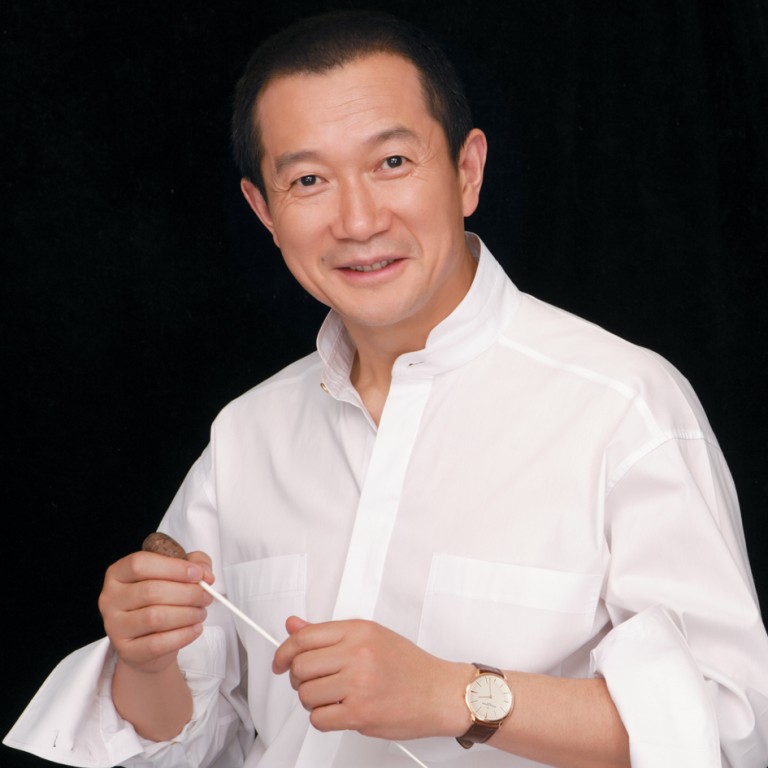
Tan Dun on 'docu-symphony' that shines light on dying Chinese subculture
Composer grew up in Hunan seeing grandmothers singing to mothers and mothers to daughters, but took them for granted; now he's recorded the last women still singing songs 'full of a bucket of tears'
It's from a very old tradition in the mountains of Hunan, my home province. Through the tradition of singing — mothers singing different songs to daughters through the generations — women learn about all aspects of life, such as how to be the best in every aspect of womanhood and motherhood. Each song is full of tears. These really touched me.
When I started five years ago, there were only 13 women left who could sing these songs. Now only seven of them are left. The tradition is dying. But their legacy is incredible. It moves me. I wanted to do a symphony, but I wanted to do something new. So I call it a documentary symphony. It's multimedia and includes 13 films I made with the 13 women.
Hunan is one of the oldest provinces in one of the oldest countries. When I was growing up I always saw grandmothers singing to mothers and mothers singing to daughters, but I never paid attention until I was a composer. Suddenly, I realised the things I live with everyday are the things I never noted. The traditions that are vanishing are things that are around us every day. Unesco says this is the only women's language in the world, but you know you can find this same phenomenon — mothers singing to daughters and women sharing secrets between women — from Japan to South America to Scandinavia.
I think this piece is a monument to all women. I shot the films in three different ways. One is the reality of their lives, the second is them singing and dreaming, and the third is landscape and nature, all synchronised with the orchestra. I also wrote it with the harp in mind. To me, the harp is representative of women. It used to be considered decorative, but it plays the major melody here and tells a deep story with enormous drama. And we are lucky to have Elizabeth Hainen, one of the best harpists in the world.
Every song is like a bucket of tears, but when all the women are together washing laundry and singing, they are always so happy. I asked myself: "Who sheds the most tears in this world?" Of course, it's women. But who are the happiest people? Women and mothers. They live in dreams but they are the main support of the family.
I think every decade there are new instruments being added to orchestras. I used social media as an instrument, with smartphones ringing in a piece with the American National Youth Orchestra. Technology is in every aspect of our lives today and it should be in music, too. I think it's important for classical music to be like other genres, to use the media to challenge our minds and creativity. That's why my creations relate to film or social media.
Conducting takes a lot of work. You need to be trained. Even spiritually, you need to be hooked up right. When I was a student at Beijing's Central Conservatory, my idols were Gustav Mahler and Leonard Bernstein. They were both very good composers and conductors. In the old days, everybody composed and conducted. I have to say I learned most of my composing from conducting. But I also learned my conducting from composing.
I keep my Oscar in my studio's writing desk. I feel honoured every time I look at it. The movie brought me so many new fans.

